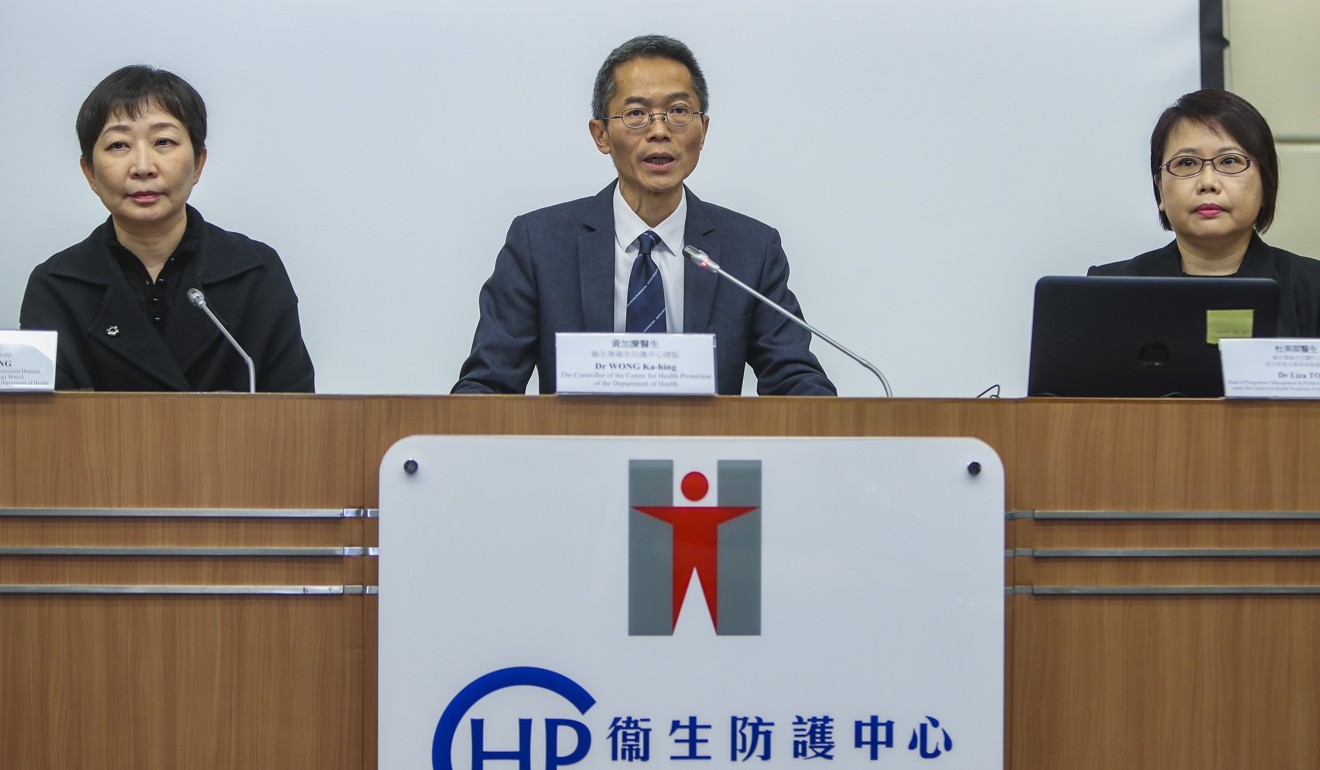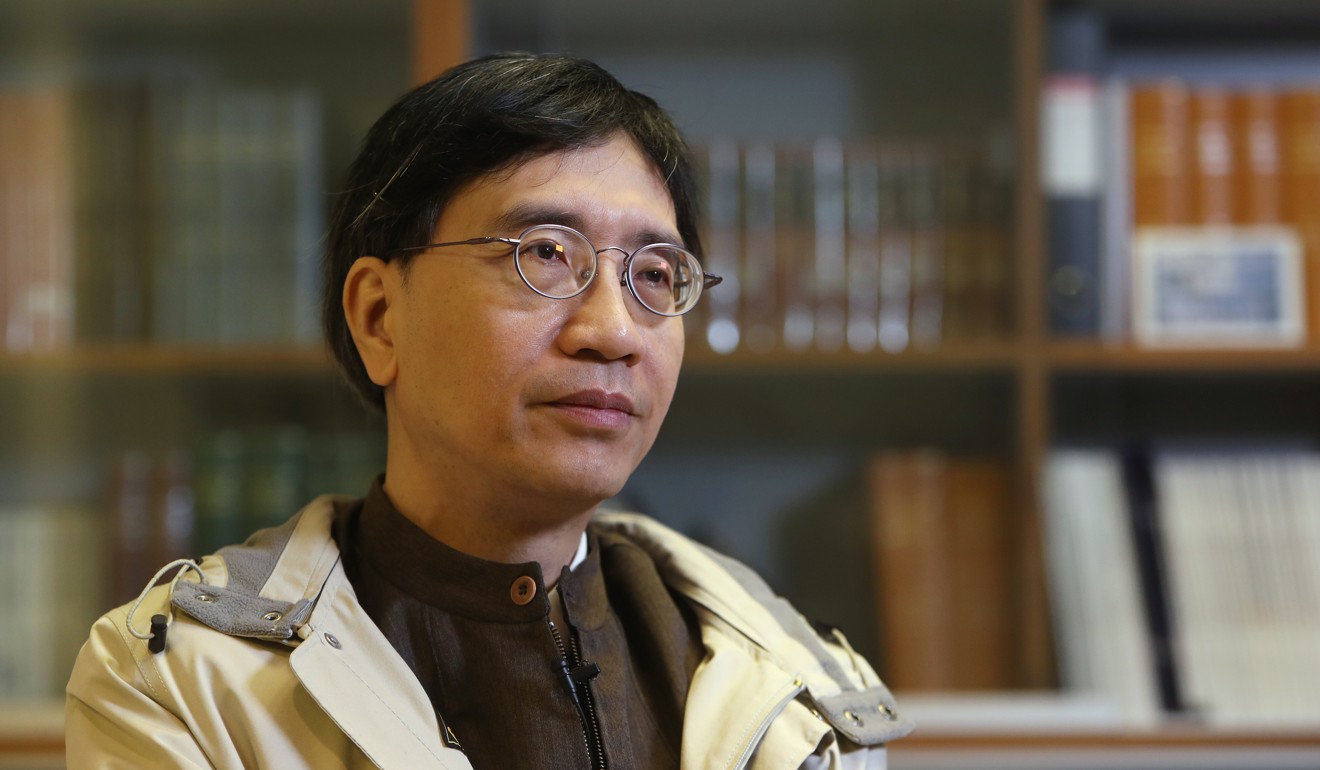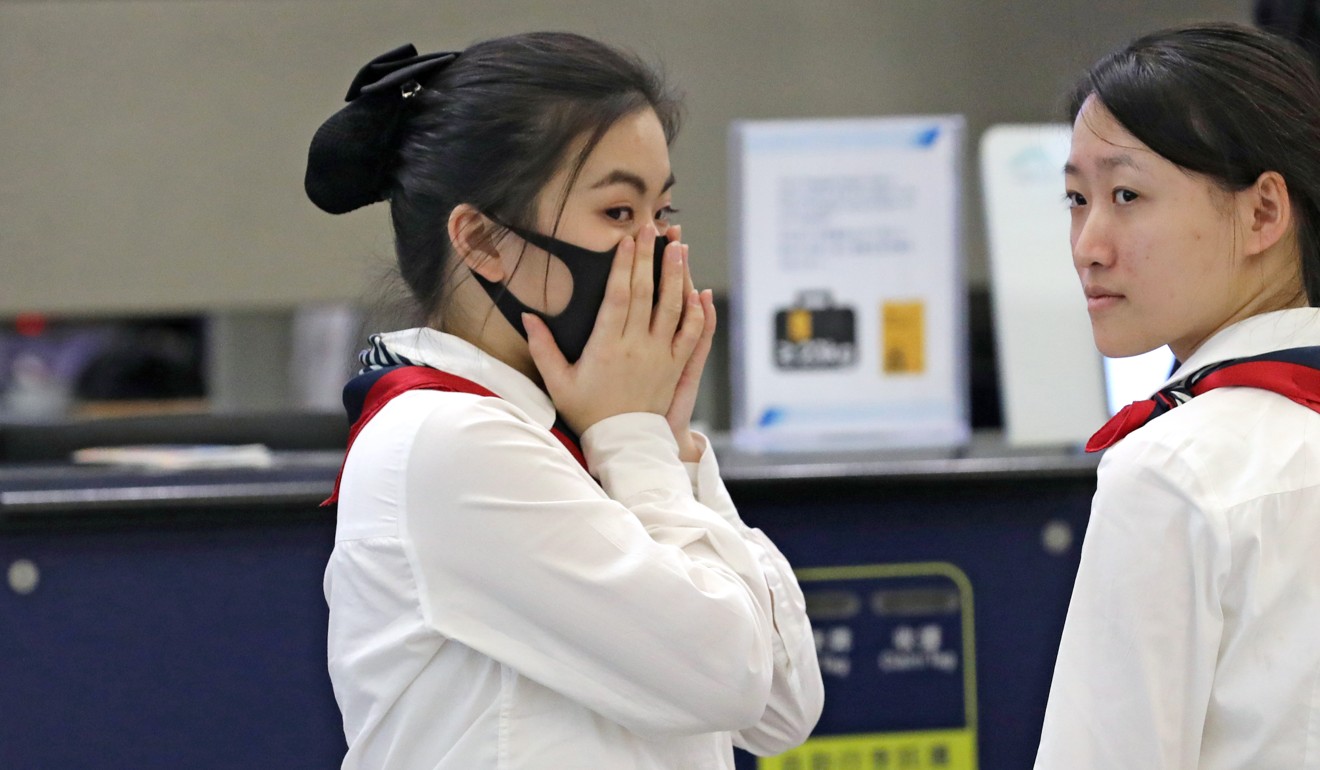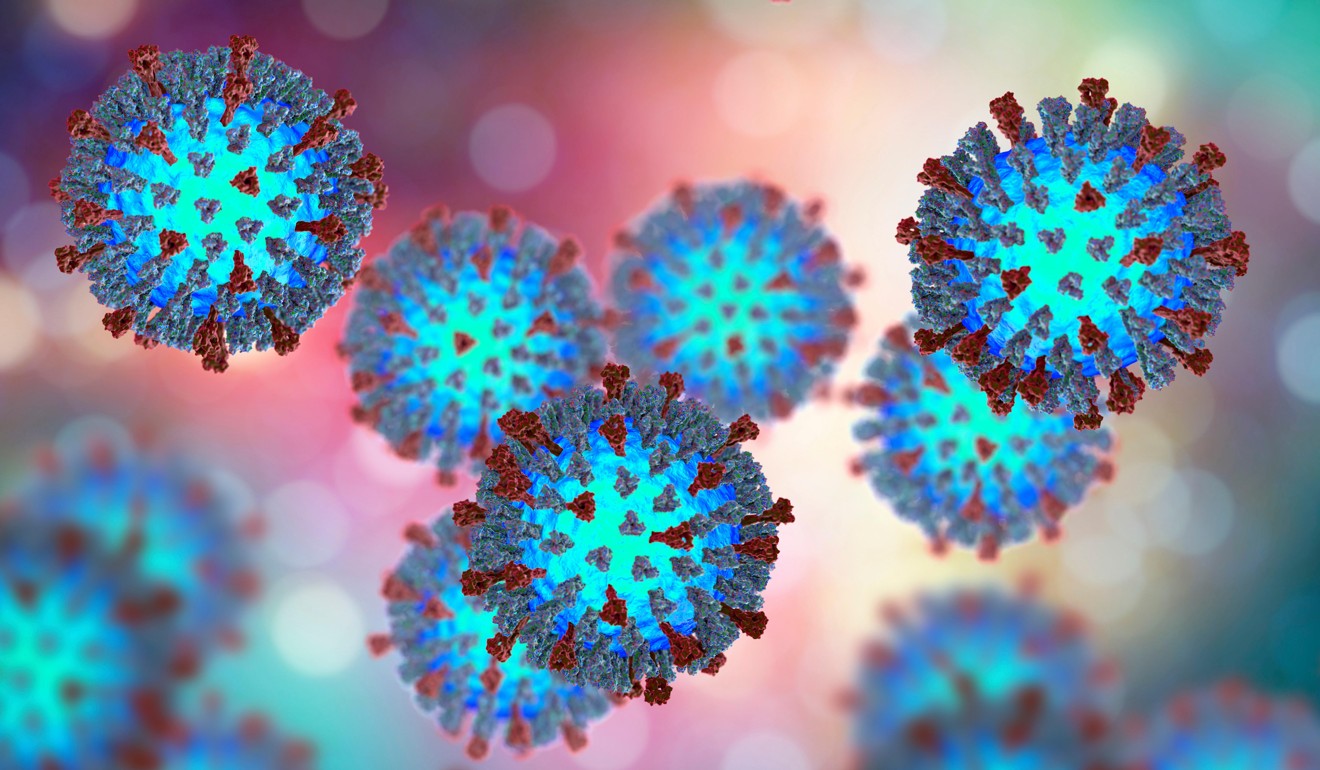
Measles: a highly infectious disease previously brought under control but now appearing to be making a comeback in Hong Kong
- The number of cases of the disease reported in the city this year has already exceeded those for each of the last four years

Hong Kong as an international travel hub has often been exposed to potential health threats caused by communicable diseases. The recent measles outbreak has again highlighted the need for the government to step up measures to protect the public from infectious illnesses imported from abroad.
The rapid increase in measles cases reported in Hong Kong has aroused public concern about an infectious disease that has been brought under control in the city over the past two decades through high levels of vaccination. In 2016, the World Health Organisation (WHO) declared the city measles-free as local transmission of the disease had been eliminated for at least 36 months. But imported cases were still recorded.
What is measles and how contagious is it?
Measles is a highly infectious disease. People infected with measles will first have symptoms such as fever, cough and white spots inside the mouth, followed by a red blotchy skin rash, which usually spreads from face to the rest of the body, and can persist for up to three weeks. In severe cases, the lungs, gut and brain might be affected, leading to serious consequences or even death.
The virus of the disease lives in the nose and throat mucus of the infected person, and can be spread through coughing and sneezing. According to the United States Centres for Disease Control and Prevention, if a person carries the measles virus, up to 90 per cent of the people in the person’s immediate vicinity who are not immune will also be infected.

Why has measles become a concern in Hong Kong recently?
The number of reported measles cases in the city is up on recent years. As of Wednesday, at least 30 people have been confirmed as infected this year, a higher number than the annual figures for each of the previous four years. There were 15 cases last year, four in 2017, nine in 2016 and 18 in 2015.
Dr Wong Ka-hing, controller of the Department of Health’s Centre for Health Protection, described the situation in Hong Kong this year as “unusual”.

Professor Yuen Kwok-yung, a top infectious diseases expert from the University of Hong Kong, told the public they should not be unduly alarmed.
“The situation requires attention but there is no need to panic,” said Yuen, adding that the mortality rate was around 0.1 per cent to 0.3 per cent.
Why has the outbreak sparked public concerns over air travel?
Among the 30 infected cases so far, 11 involved people working either at Hong Kong International Airport or for a local airline. They included baggage handlers, security guards, a customs officer, a shop assistant, a flight attendant and a pilot working for Cathay Pacific Airways.
Concerns were raised over why Cathay Pacific had allowed the 41-year-old pilot, who had shown symptoms such as fever and rash, to fly seven times in four days. The Civil Aviation Department was investigating the case. Dr Ho Pak-leung, a top microbiologist from HKU, also questioned if the pilot had broken rules of the International Air Transport Association.
Wong from the Centre for Health Protection confirmed that temperature screening was not required for departing airline employees or passengers.
Yuen said it would be better if temperature screening was arranged for airline employees before flights, and staff members would have to report whether they were feeling unwell.

To what extent are Hong Kong people protected from this infectious disease?
The government confirmed on Wednesday it would implement the recommendation last year of a scientific committee from the Centre for Health Protection to give children the second vaccine injection at an earlier age. Health minister Professor Sophia Chan Siu-chee said the city’s maternal and child health centres, operated by the health department, are expected to start implementing it in the first half of next year.
Hong Kong currently lags behind Australia, Macau and mainland China, where the second dose of the vaccine is administered at 18 months, rather than at six years in Hong Kong.
The World Heath Organisation said in places with low rates of measles transmission, the first dose of the vaccine may be administered at 12 months and the second dose at 15 to 18 months to “ensure early protection”. But some countries, such as Britain, recommend administering the second dose at three to four years old, while in Japan it is given at five to seven years old.

Measles vaccinations were first introduced to Hong Kong in 1967, and have been offered in two doses since 1996. The health authorities said people born in 1985 or after in Hong Kong, and who attended primary school in the city, were very likely to have received both doses of the vaccine.
People who were born before the introduction of the measles vaccine in 1967 were likely to have already had the disease and thus developed immunity.
But Ho of HKU warned that there were a few groups of people who were susceptible to measles infection. They included new arrivals from countries with lower measles vaccination rate, and young children under the age of one who have not been vaccinated.

How is the global situation of measles, and should we be worried when travelling to places with more measles cases?
An increased number of measles cases has been reported in different parts of the world last year, and the spread continued this year. In recent months, countries such as the Philippines and Japan have been affected by measles outbreaks. Figures from overseas health authorities showed that so far more than 23,000 measles cases have been recorded in the Philippines this year, and over 300 such cases in Japan and the US respectively.
A county in New York state of the US on Tuesday local time declared a state of emergency following a measles outbreak, as did Washington state in January this year.
For those heading to places with measles outbreaks, Yuen said it would be better to get vaccinated beforehand. Wearing a mask would also help.
“A mask can help lower the transmission possibility … as the disease could be transmitted through droplets,” he said.